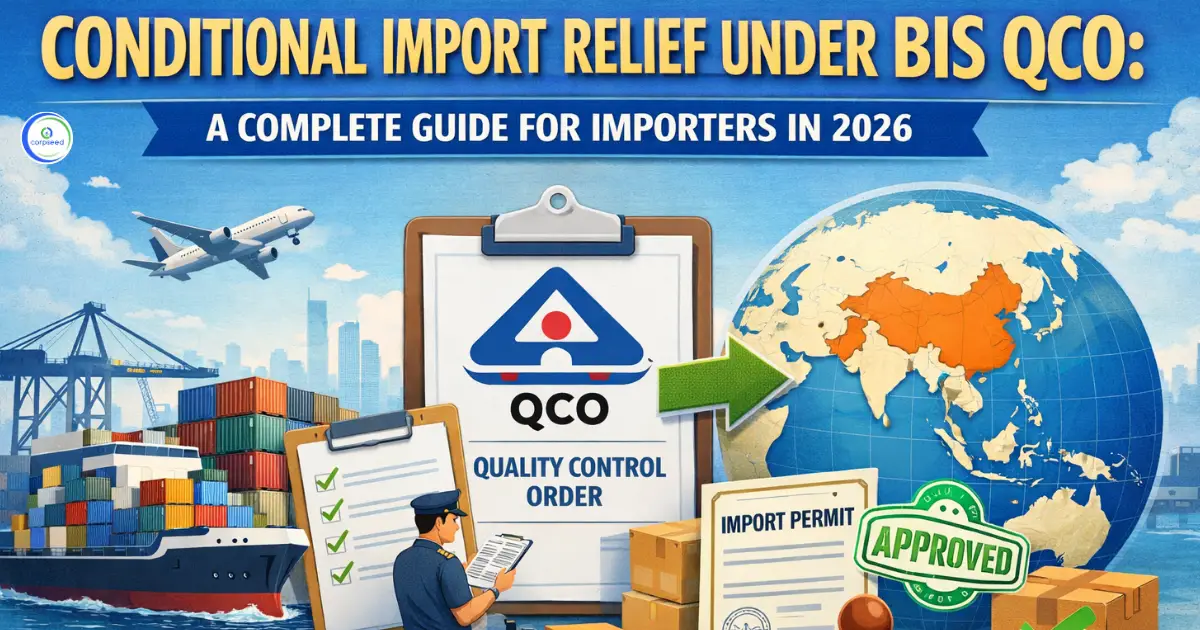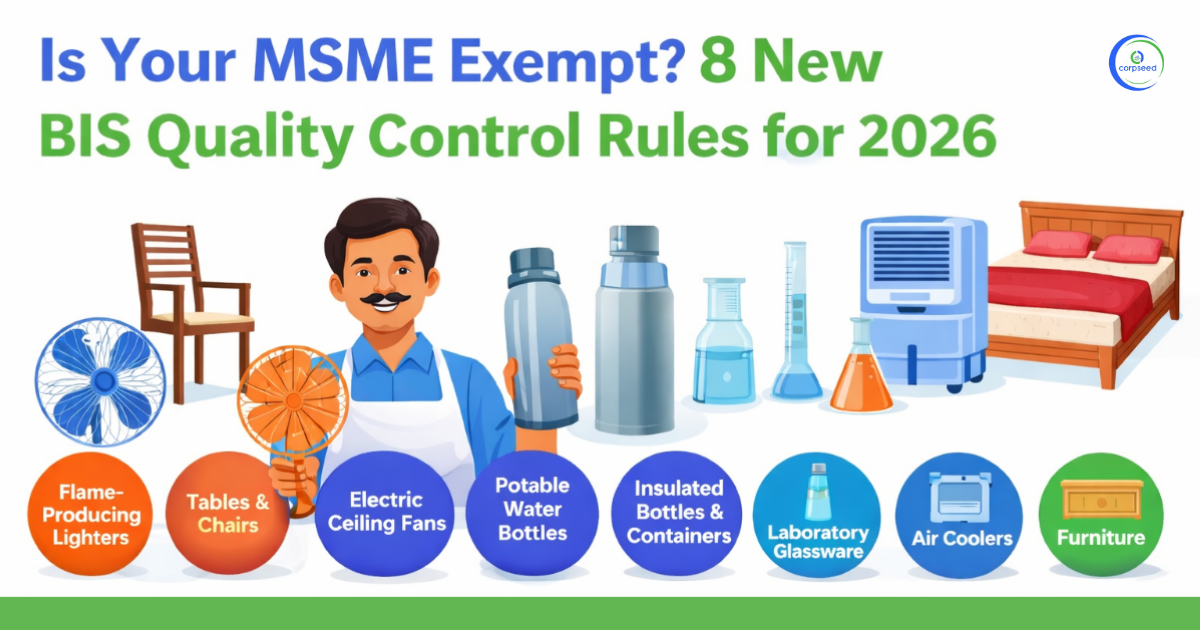Introduction: Good Manufacturing Practices
GMP simply means good manufacturing practices. As defined by WHO “GMP is understood to be that aspect of quality assurance that guarantees that goods are consistently manufactured and regulated to the standards of quality appropriate to their anticipated use and as specified by the marketing authorization”. GMP's guiding principle is that consistency is designed into a commodity rather than tested into it.
Table of Contents
--------------Blog Contact Form-------------
As a consequence, the guarantee is that the product not only follows the final requirements but that it was produced using the same processes and under the same conditions each time it was manufactured. Validation is a component of GMP that guarantees that facilities systems, appliances, procedures, and testing processes are under control and, as a result, reliably deliver high-quality products.
Read Our Service: Get Online GMP Certification Process
GMP is thought to be a valuable business device that will assist in enhancing the Company's compliance and efficiency. GMP standards are mostly common-sense strategies that can help businesses grow as they shift toward a quality-oriented approach focused on continual improvement.
GMP: Application
Good manufacturing practices apply to the following:
- Food production
- Drugs manufacturing
- Medical equipment’s production
GMP: Principles
- The manufacturing process is well-defined and well-controlled. To ensure continuity and compatibility with specifications, all essential processes are verified.
- Manufacturing processes are tracked and any improvements are measured. Changes that have an effect on the drug's consistency and quality are deemed necessary.
- The terms used in the instructions and procedures is simple and unambiguous.
Issues addressed through GMP
The following issues are addressed by GMP:
- Documentation
- record-keeping
- personnel qualifications
- sanitation
- cleanliness
- verification of equipment
- process validation
- complaint handling
GMP in the pharmaceutical industry
GMP refers to a set of laws, standards, and guidelines that relate to the processing of drug substances and products, medical equipment, in vivo and in vitro medical product categories, and food products. The word GMP applies to the supervision and management of pharmaceutical product manufacturing as well as quality control monitoring.
Everyone in the pharmaceutical industry must know that why there is a need to adhere to GMP guidelines wherein the motive being to minimize tragedies.
GMP Application: International scenario
GMP emerged from the realization that end-point quality testing was inadequate to ensure the quality of the individual drug unit (tablet, pill, or vial) conveyed to the patient, and that quality needed to be ensured at every stage of the manufacturing process to ensure that each dosage unit met the quality requirements as precisely as possible.
Prior to this realization, pharmacopoeial “endpoint” testing had been used to ensure the safety of pharmaceutical products. There are several official regulatory announcements and recommendations on Good Manufacturing Practices for pharmaceutical products, both national and international, all over the world. Some of them are mentioned below:
- The US Current Good Manufacturing Practices for Finished Pharmaceuticals regulations
- The Guide to Good Manufacturing Practice for Medicinal Products of the European Union
- WHO good manufacturing practices (GMP 2003)
GMP in the Indian scenario
In India the acts and laws that are practiced include the following:
- Schedule M “Good Manufacturing Practices and Requirements of Premises, Plant and Equipment for Pharmaceutical Products.
- The Drugs And Cosmetics Act And Rules, India (Schedule 2005)
GMP requirements of premises and materials for pharmaceutical products in India
The general requirements in India for premises and materials are listed below:
- Location: Any factory that produces disagreeable or obnoxious odors, fumes, excessive soot, dirt, smoke, chemical or biological emissions shall be so located and have such steps as to avoid risk of pollution from the external atmosphere, like open sewer, drain, public lavatory,
- Premise and building: The factory building must be built, constructed, modified, and managed to accommodate the manufacturing activities, allowing for the manufacture of drugs under sanitary conditions.
- System of water: There must be a validated system for treating water drawn from one's own or any other source to make it potable in compliance with requirements set by the Bureau of Indian Standards or the local government, as the matter may be, in order to produce Purified Water that meets Pharmacopoeial specifications.
- Waste Disposal: The waste and effluents from the factory must be disposed of in compliance with the criteria of the Environment Pollution Control Board. Waste products that aren't ready to be disposed of must be stored properly and safely. Hazardous, harmful, and combustible materials must be contained in properly built and separated enclosed areas, as specified by central and state laws
GMP in the food industry in India
This includes the basic operating criteria that a food company must follow in order to produce healthy and safe food. It is concerned with the processes, machinery, facilities, and safeguards used in the development of healthy and wholesome food.
Read Our Blog: How to Start Food Business in India
GMP: Implementation and certification
The following steps must be duly followed pertaining to GMP’s implementation and certification:
- Standard defining
- Training
- Establishing System
- Record and documentation
- Audit
- Review
- Certification
GMP Consultant
In order to fetch GMP certificate, one can do it by applying to a GMP consultant so the process is hassle free and is easily done as per the customer’s requirement. For more queries and visit Corpseed website.
Conclusion
GMP stands for Good Manufacturing Practices, and it is a method of manufacturing and testing that helps to ensure a high-quality product. Several countries have enacted legislation requiring pharmaceutical firms to adhere to GMP protocols, and have developed their own GMP guidelines to match their law. All of these recommendations have common core principles when it comes to the end objective of protecting the patient's or consumer's wellbeing.
GMP enforcement can be attained by proper preparation and implementation of a quality scheme.
This portion of the site is for informational purposes only. The content is not legal advice. The statements and opinions are the expression of author, not corpseed, and have not been evaluated by corpseed for accuracy, completeness, or changes in the law.
BOOK A FREE CONSULTATION
Get help from an experienced legal adviser. Schedule your consultation at a time that works for you and it's absolutely FREE.



_Amendment_Order_2026_New_Compliance_Rules_Corpseed.webp)



.webp)

